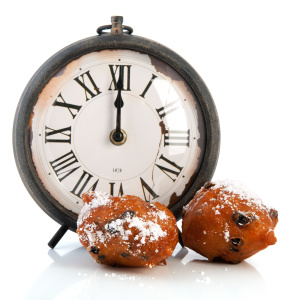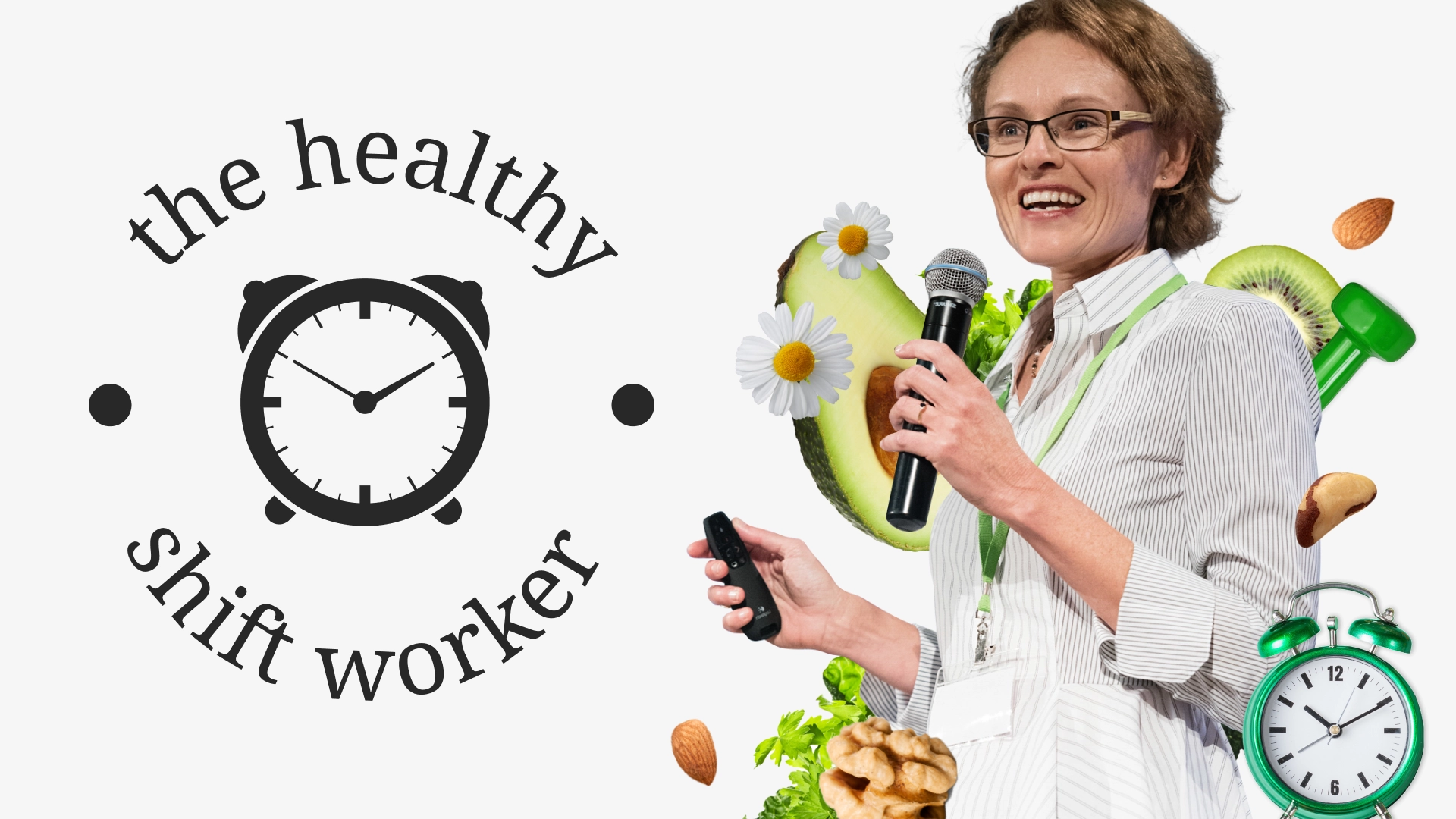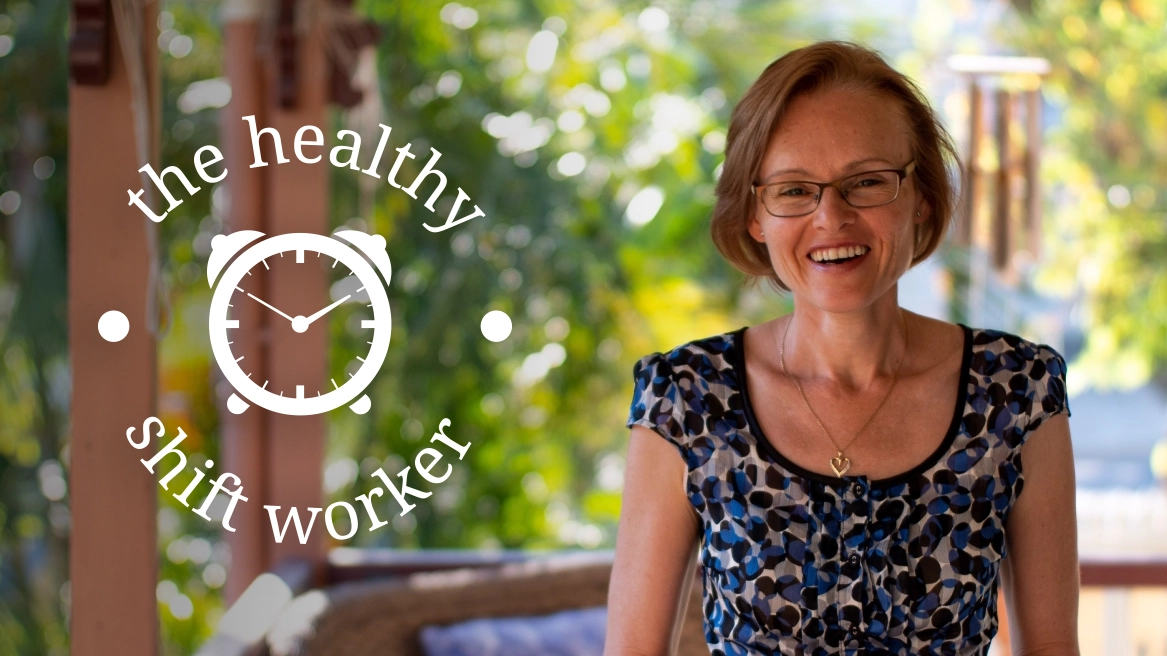 The more research I do on some of the detrimental effects of sleep deprivation, particularly in the area of shift work health, the topic of weight gain keeps popping up over and over again.
The more research I do on some of the detrimental effects of sleep deprivation, particularly in the area of shift work health, the topic of weight gain keeps popping up over and over again.
However every time I read this statement – “sleep deprivation is making us fat” or something similar, it actually ruffles my feathers!
Of course for those of you who know me, I’m actually a fairly placid and unflappable kind of person so it takes a fair bit to ruffle my feathers. However when it comes to understanding what’s making us sick and overweight, I don’t believe it’s the sleep deprivation.
If anything, its the chronic fatigue and tiredness which goes hand in hand with sleep deprivation which ultimately affects our choices, our behaviour, our judgment and ultimately our decisions.
In his book, Lights Out, T.S. Wiley mentions how ” obesity … heart disease, diabetes, and cancer are caused by short nights, by working ridiculously long hours, by literally, burning the candle at both ends, and by the electricity that gives us the ability to do it.”
Whilst there are elements to this statement which I agree with (particularly as there’s strong research linking stress with obesity) I’m not entirely convinced it’s all about sleep deprivation. Quite simply, it doesn’t mean it’s the cause of the weight gain.
Sure, there are certainly different hormones at play (serotonin, dopamine, tryptophan, melatonin, ghrelin, leptin – to name a few), along with other metabolic changes, but there doesn’t appear to be enough research on the behaviour.
By behaviour I’m referring to – why we do what we do (or not do) when we’re sleep deprived.
Because let’s face it, whenever we’re feeling tired, exhausted and overwhelming fatigued (AKA a shift worker) we’re more than likely going to eat highly refined and processed foods, pre-packaged foods, take-away foods, and foods which contain large amounts of sugars and preservatives.
And this is what causes us to gain weight.
Not the lack of sleep, but instead the poor food choices and behaviours that coincide with chronic sleep deprivation.
So please don’t throw in the towel and think as a shift worker you’re resigned to a life of obesity, diabetes, hypertension and other chronic health conditions. I’ve spent 18 years working shift work and I’ve managed to avoid all of these so called “chronic health conditions associated with working 24/7”, although it hasn’t been an easy journey that’s for sure.
It’s about learning to accept that a certain amount of fatigue is always going to be a part of your life for as long as you continue to work 24/7, (sorry, there’s definitely no Magic Pill that’s going to turn you into an Energizer Bunny any time soon!), and recognising those times when you’re feeling overwhelmingly tired and fatigued.
This will help you to make better informed choices and decisions, which will lead to healthier behaviours.
So the next time you reach for a can of coke, McBurger or a cheese-cake, ask yourself this question:
“Is this really what my body needs? Or am I choosing to eat this because I’m bored and/or too tired to cook?”
At the end of the day, our bodies are all very unique and come in all different shapes and sizes. However when it comes to weight gain and obesity, in most cases it’s not the sleep-deprivation that’s making us fat, but rather our behaviour as a result of being so fatigued that’s having the biggest influence of all.



0 Comments